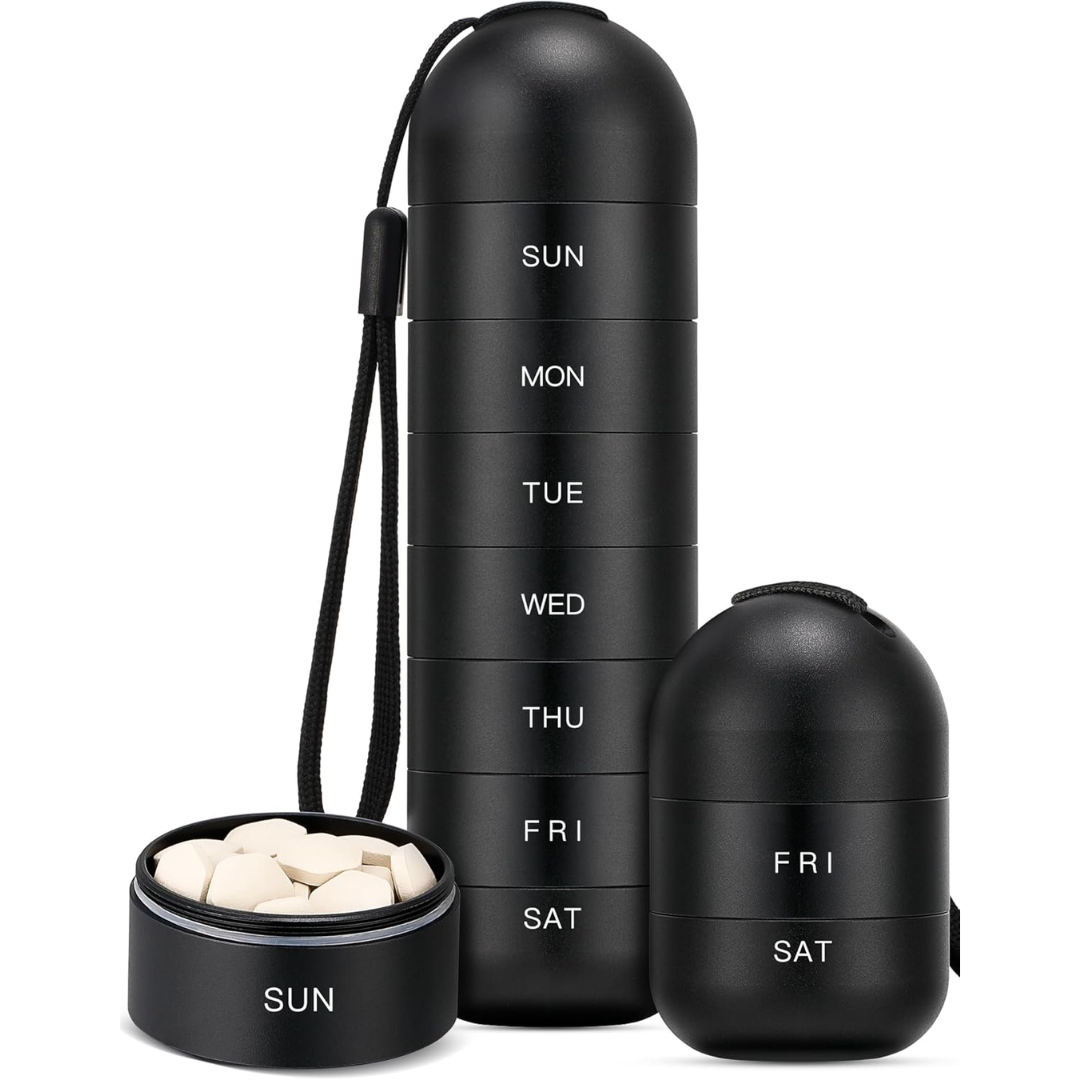The First Night Box — 5 Essentials You Should Pack and Why You'll Need Them in Your New Home
Instead of rummaging through boxes, save your time (and sanity) with these smart, professional tips
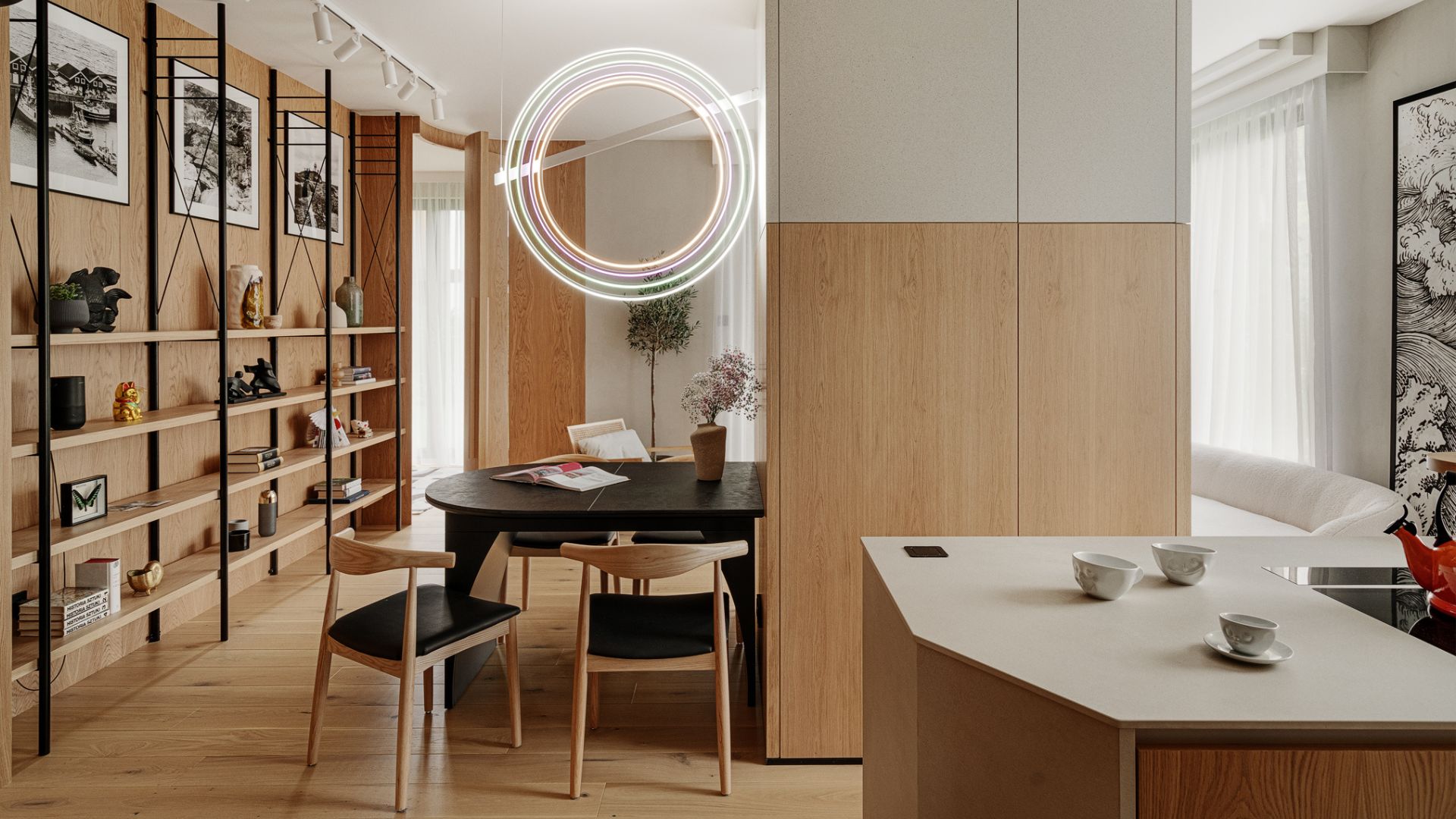

After taping the last box, you’ll look around and let out a sigh of relief. Everything will be taken care of, and you’ll be ready to settle into your new home. At least you think it’ll play out like that.
Whether you’re a relocation veteran or moving for the first time, The first night can feel like a game show. When you’re short of time and need an item, you remember that it was packed into one of the 15 identical boxes in the room — which is why having a first-night box at hand is key.
If you’re lost for what to pack separately for your first night in a new home, we've gathered some easy-to-follow packing tips from professional movers and experts who have seen countless hopeless movers to find out what everyone forgets and how to avoid these same pitfalls.
What is a First Night Box?
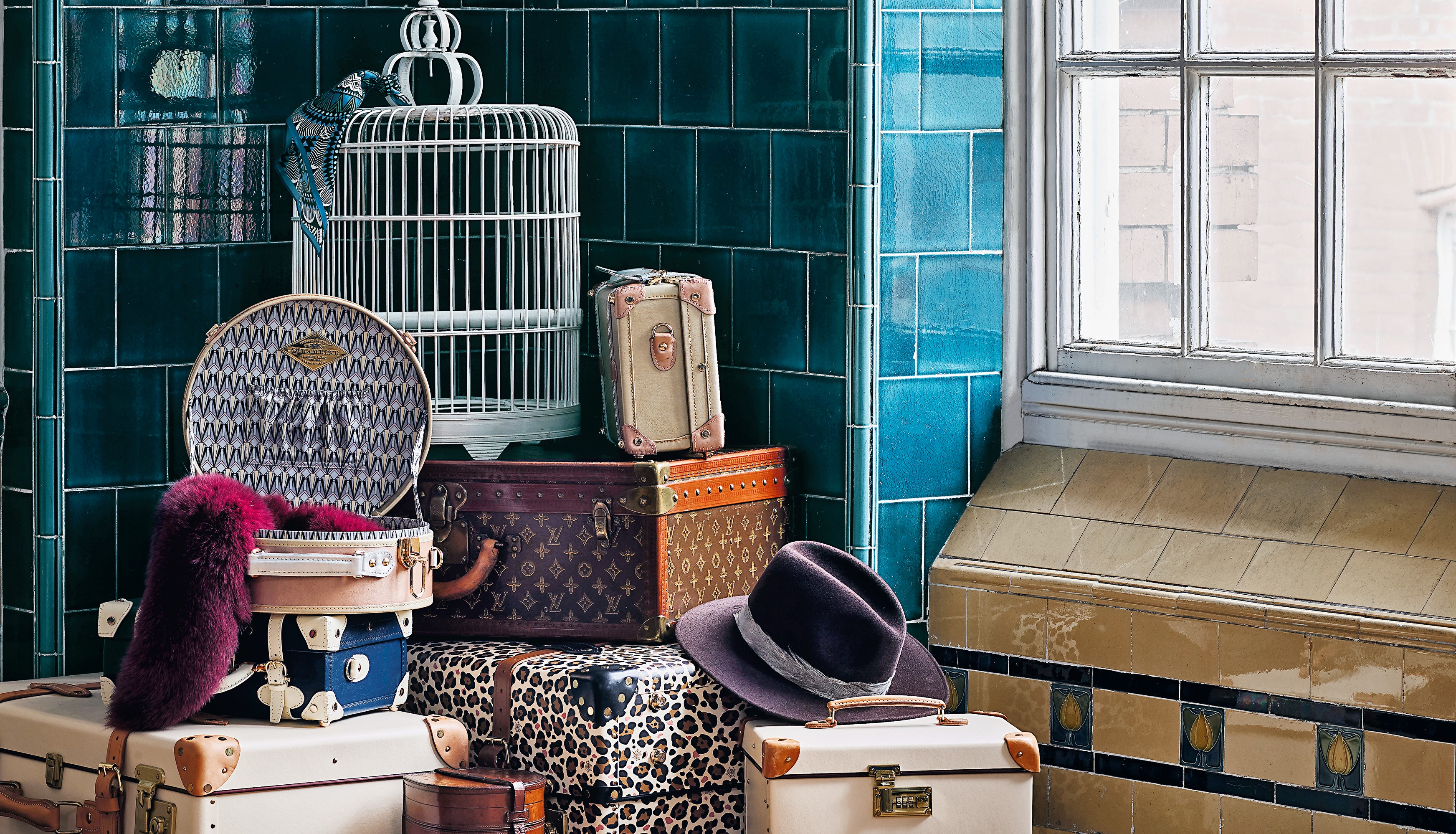
"A first night box is a box filled with essential items you'll need right away, like toiletries, bedding, kitchenware, and medications." Marty Metro, CEO and Founder of UCBEnvironmental and UsedCardboardBoxes, says. "After the stress of moving, it ensures you don’t have to search through piles of boxes."
"A first night box is a lifesaver when moving to a new home, helping to avoid the chaos of searching through countless boxes for essentials," Di Ter Avest, professional home and lifestyle organizer, says. “When packing your first night box, grab a clear plastic bin so you can see everything at a glance — super handy when you're tired and don't want to dig around.”
Marty highlights an overlooked but important moving tip: using "sturdy, well-labeled boxes" to avoid damaging or losing your other items. He explains that this allows for "easier access during the move" should you make a mistake and put one of your new home essentials in these boxes whilst packing.
The first night box has to be distinct in every way: "Make sure to label it boldly as 'First Night Box', so there's no confusion," Di continues. "Keep it in your car, not the moving truck. Trust me, you'll want easy access to it."
1. Toiletries
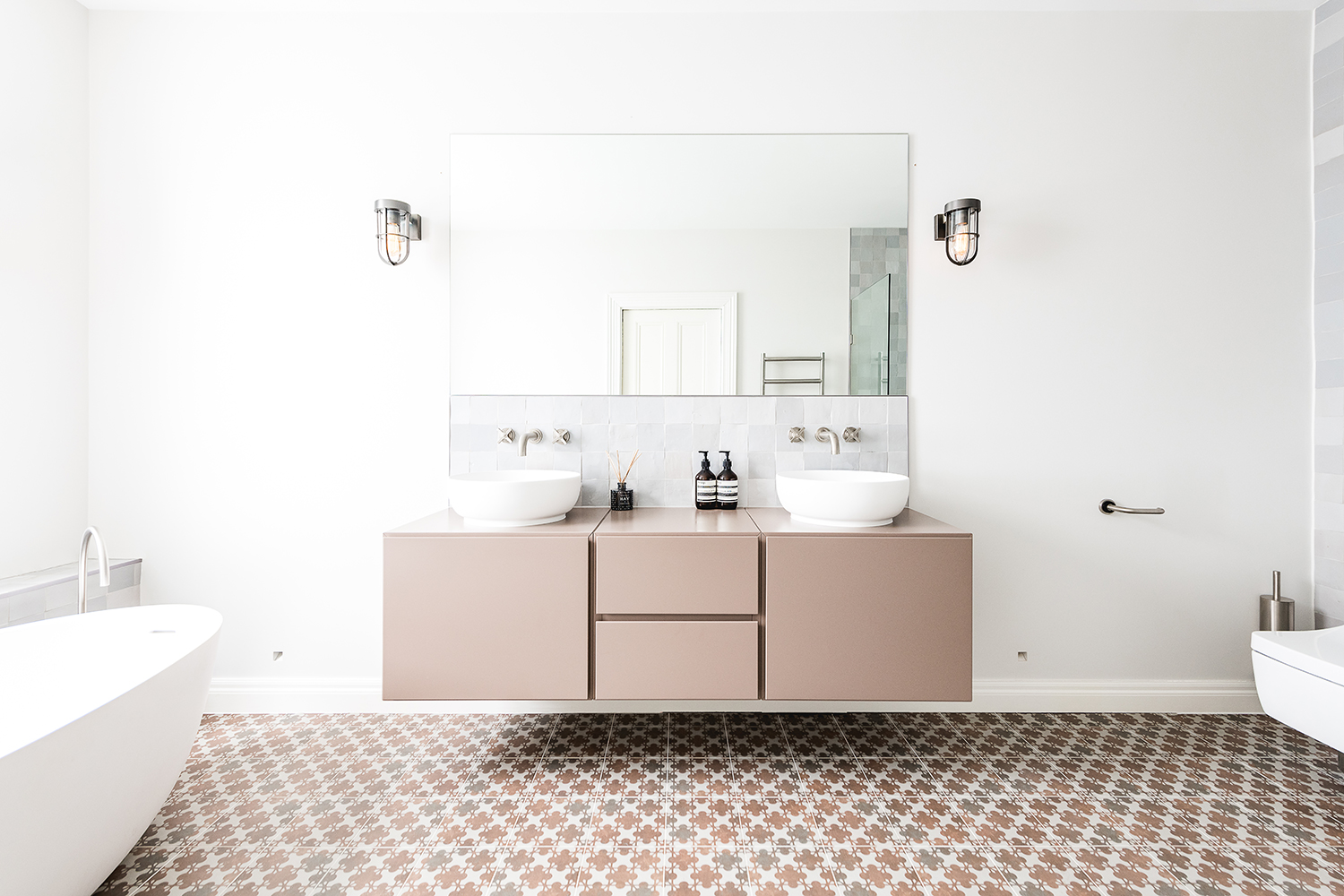
Having the means to keep yourself and your new home clean with a household cleaning schedule is the best way to successfully move in. You don’t know if you’ll have guests bringing housewarming gifts, and life goes on whilst you move — you never know when you’ll be roped into a last-minute work or personal commitment that will require you at your best.
When asked what essential toiletries to pack, Di listed toothbrushes and toothpaste, hand soap, "at least two rolls" of toilet paper, shower essentials such as "travel-size shampoo, conditioner, body wash, and a loofah, one towel per person, and personal hygiene items such as deodorant." This will help you maintain a standard of personal hygiene during the move especially if you’re not alone or don’t have quick and easy access to a supermarket or convenience store.
If you’re moving into a home that has been lived in before, you can’t be sure that the past occupants did a thorough clean before they left, even if it seems well-maintained. "After a long day of unpacking, the last thing on my mind is cleaning," Marty says. “I often forget to pack basic cleaning supplies like paper towels, dish soap, and all-purpose cleaner." He recommends packing these items to ensure your surfaces are free of dust, harmful substances, or pathogens. This will prevent you from getting sick during those early days in your new home — you’ll need to be in good health to move items, especially heavy ones, to their respective places.
Di also advises having trash bags and cleaning rags to avoid waste buildup on surfaces and in rooms, as these can attract unwanted guests, such as rodents and insects and make you sick.
2. Kitchen Basics
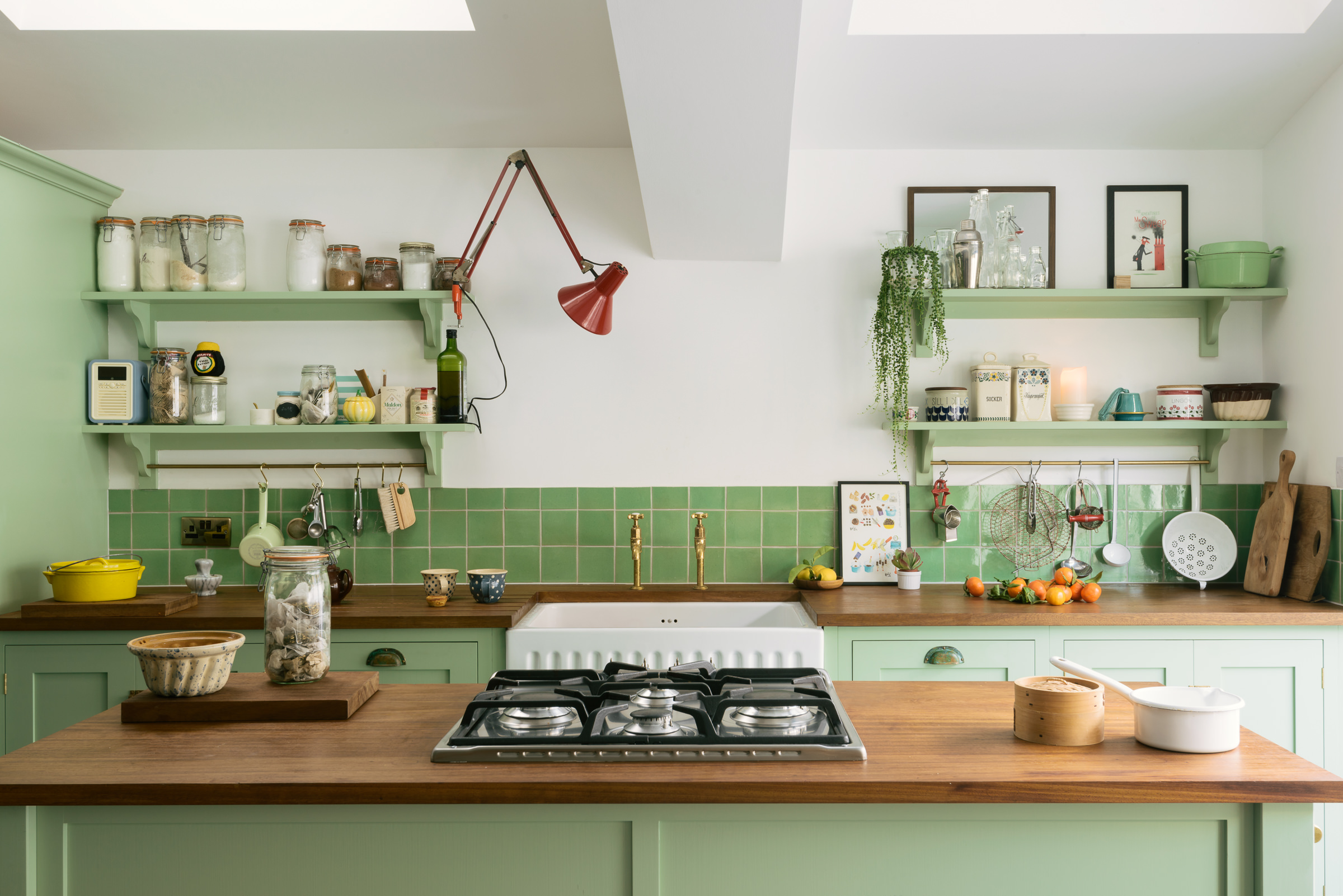
We love practical and stylish kitchen essentials, but in this case, the experts say even practicality is a must when it comes to packing a first-night box. "Clients often forget small items like kitchen basics," Marty says. "Coffee makers, utensils, and dish soap." Although not everyone likes to eat homemade food on the first day in a new place, Marty encourages treating kitchenware and cookware as essential for your headspace when moving: "These items are essential for feeling settled, so I always suggest they be packed in the first night box."
If you’re not much of a cook or want to celebrate the first night with takeout, it still may be useful to buy "paper plates, disposable utensils, and disposable cups," Di advises. Sometimes, the packaging isn’t sufficient when you need to divvy up the food, especially when you’re in polite company.
Di’s advice is to stock the pantry with snacks and non-perishable food items. It might not be possible to cook a hearty meal, and you might not know the area well enough to get a good takeout on the first night, so instant noodles could come to the rescue. We’re talking about the first night, but the first morning quickly follows. If you want an easy morning, you’ll need to have breakfast ready — Di recommends granola bars for a quick fix.
3. Electronics
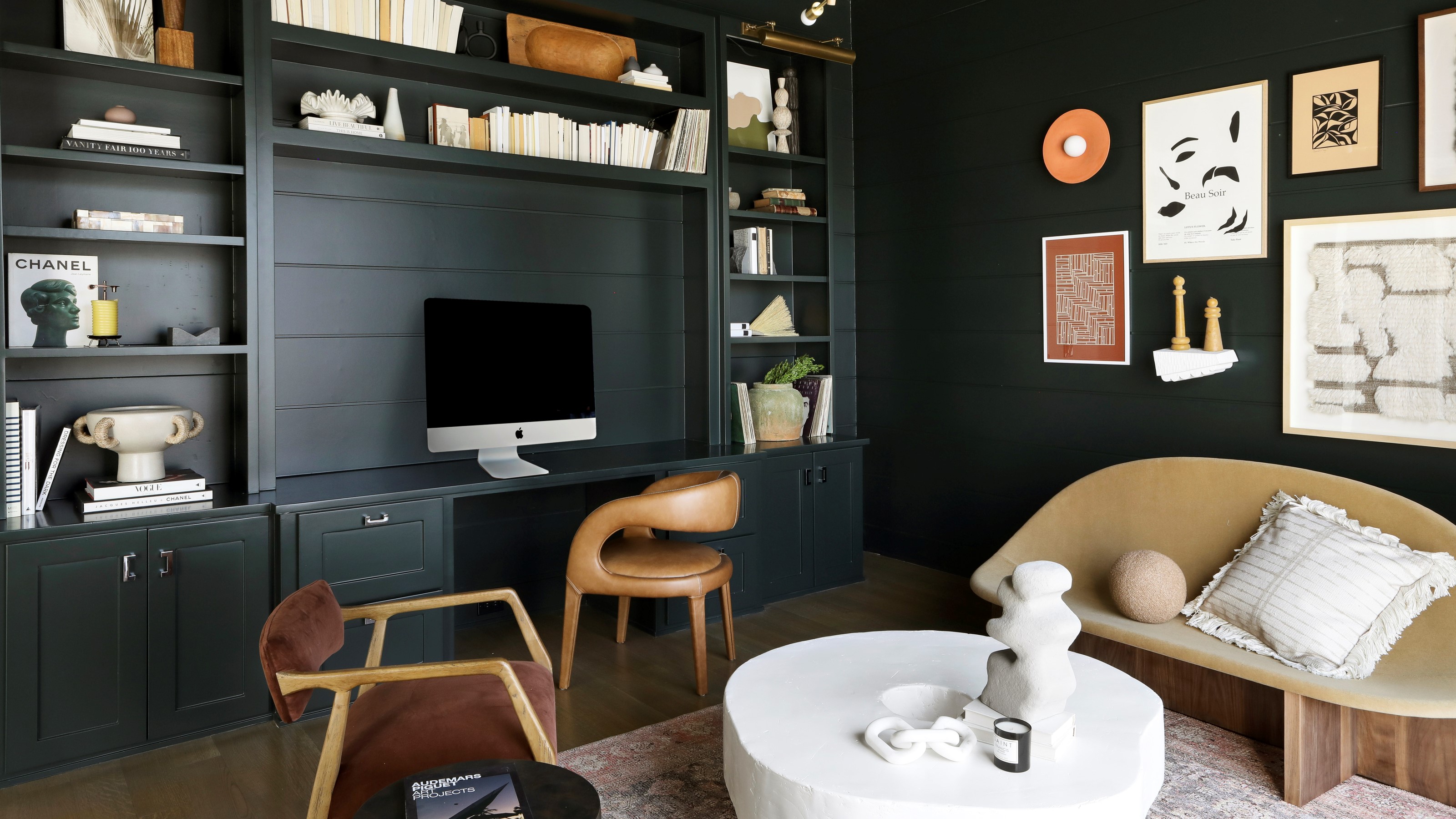
Marty and Di both stress the importance of a phone charger in your first night box — a smart home gadget that is certainly worth investing in. "For me, it’s all about comfort," Marty says. And what brings more comfort in the digital age? On a serious note, having access to a phone with good battery health on the day and night of the move will not only allow you to call loved ones or emergency services should you need them. It’s also helpful if items are missing and you need to call your moving company, landlord, or realtor.
Although it seems old-fashioned, Di recommends a "flashlight or batteries in case you haven't set up utilities yet." There could be a power outage in your area, or the electrics could be worse than you had anticipated, so having these to hand and not having to rely on the electrics as with a phone flashlight is handy.
It’s forgivable not to know the positioning and layout of sockets in your new home. But you may find them in awkward and hard-to-reach places that your cables aren’t long enough for. Di suggests putting power strips in your first night box to avoid the stress of contorting yourself to plug in electronics.
4. Clean and Comfortable Laundry
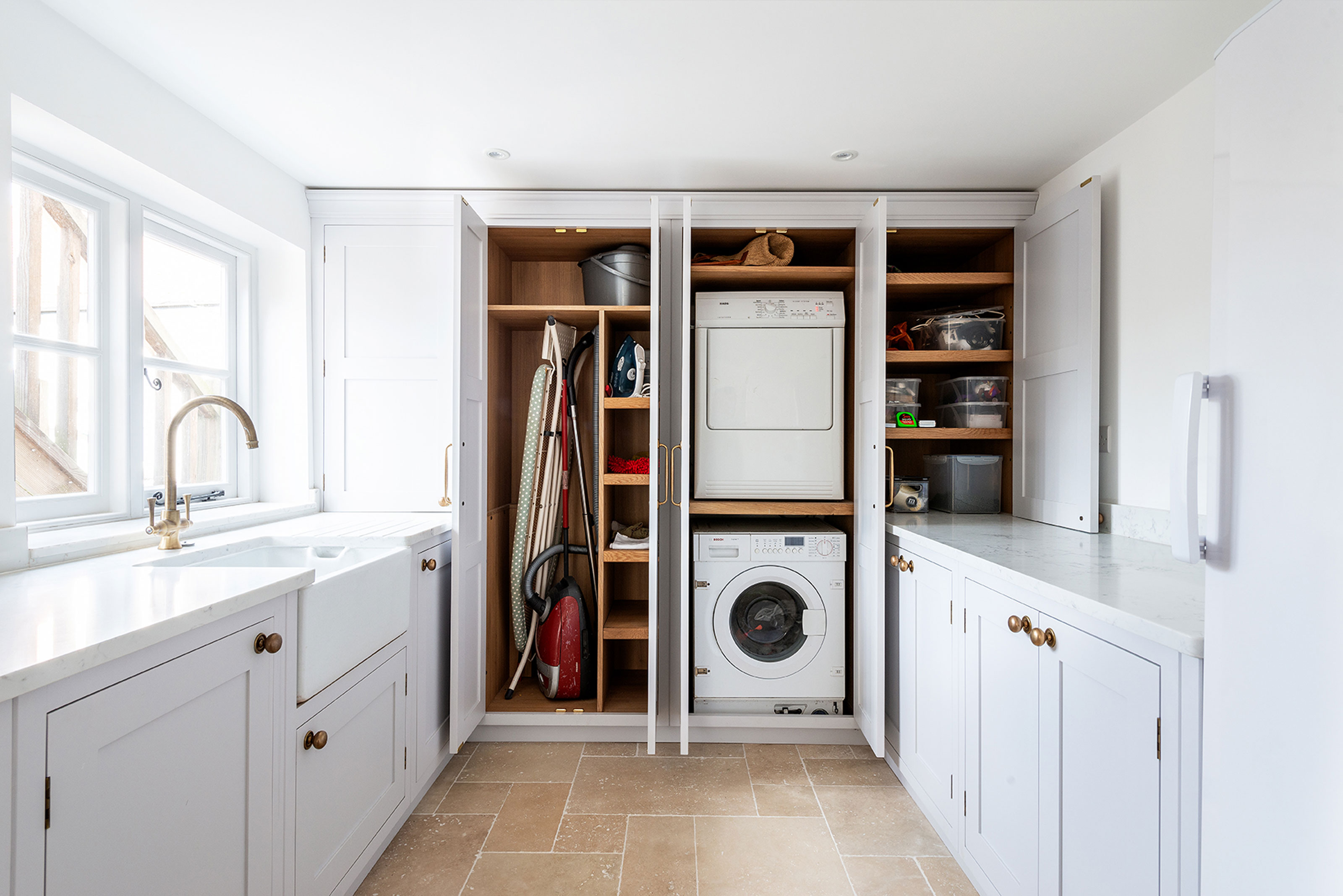
"Pajamas, a change of clothes, toiletries, medications, and a phone charger. I pack them in a sturdy box that’s easy to access after a long moving day." Marty says. It's the ultimate moving house checklist if you ask us!
To prepare for the first night, pajamas, slippers, cozy socks, and a change of clothes for the next day is key. Being warm and comfortable on the first night is just as important as cleaning the surfaces — staying in good health and being well rested will set you up for a good start in your new place.
It’s often said that the early days of moving home feel like indoor camping. Di suggests having sleeping bags if the beds aren’t yet set up. It’s a great way to ensure you’re not lying on a cold floor and you get a good night’s sleep. If you have the beds ready, bring sheets, pillows, and blankets for each bed so you feel more settled.
5. A Basic Toolkit

Whether you’re DIY-savvy or have never held a hammer, having a toolkit for quick fixes is essential for the first night. You haven’t had the time to check the fixtures and overall functionality of the place, and being able to tighten some screws, cut open boxes and, in the worst case, fix leaks or holes, is going to save you money and stress.
If you’re not confident with tools, Di suggests having "a screwdriver, hammer, scissors, and duct tape" at the very least. Having a tape measure will also be handy when lifting and placing larger items.
FAQs
Why is it important to have a first-night box?
"Think of it as a mini survival kit to keep you comfortable and functional during the first night before unpacking begins." Di says. The last thing you want on your first night in your new home is to be cold, hungry, angry, lonely, or tired. At worst, you could be all five. "It would help if you also packed it last so it's the first thing you unload at your new place." Di explains. This way, you know you have what you need, which sets the tone for that first night.
Not having a first night box can mean that you need to dig through various boxes to get simple items, which can create a sense of panic but can also make your new home a mess before you’ve even settled in. "Don’t rush unpacking!" Marty advises. "Focus on the essentials like your bed, bathroom items, and kitchen basics. Enjoy the process and save the non-urgent tasks for later. Having a well-packed first night box makes everything easier."
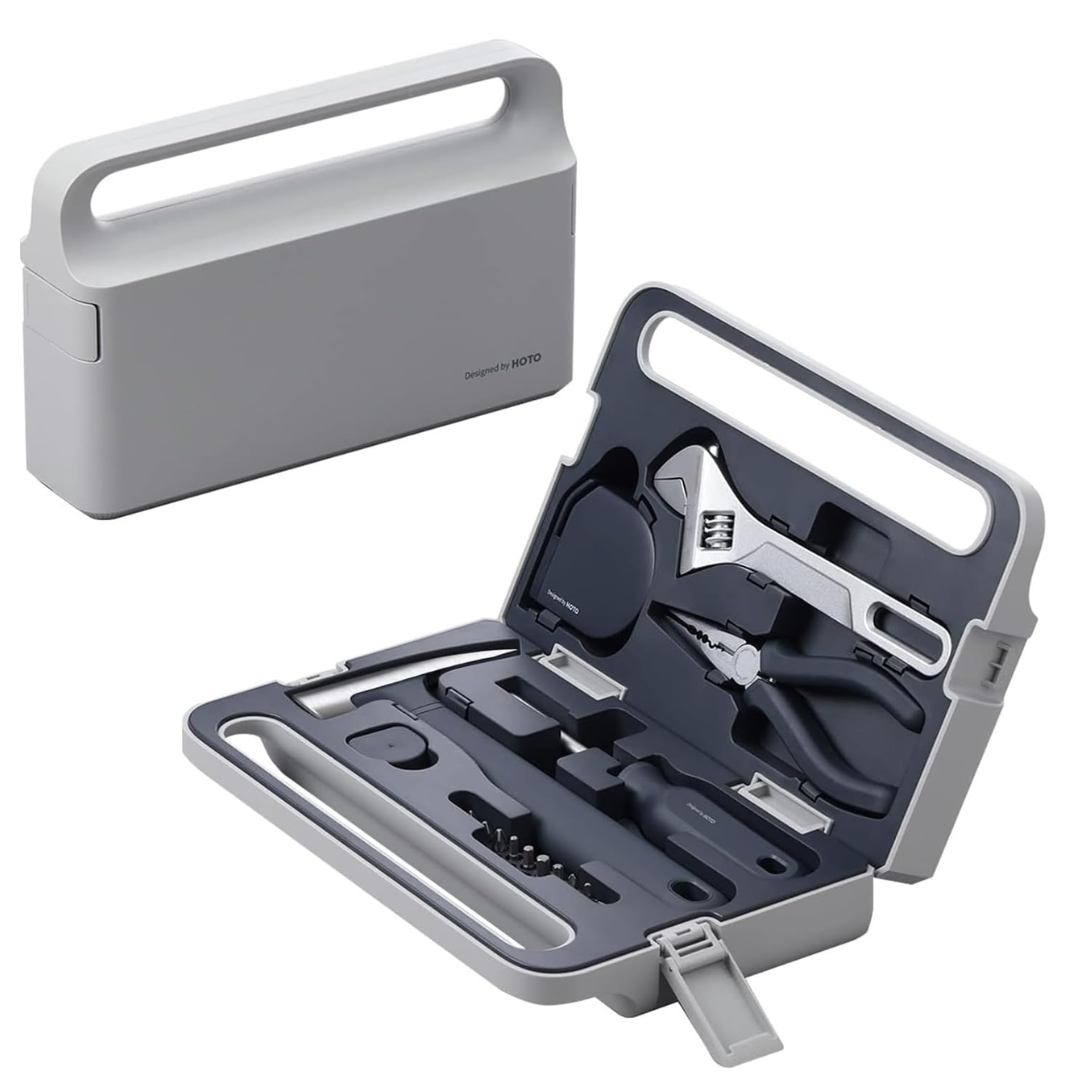
Price: $69.99
This is a beginner-friendly toolkit that sits in a sleek, stylish box and won't take up much space in your first night box. It also has zip ties, which may be handy for those quick-fix jobs.
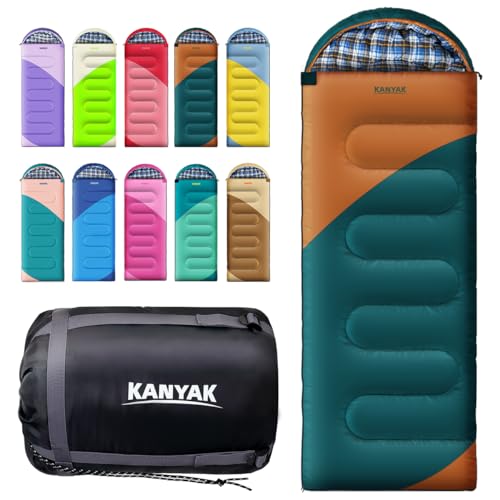
Price: $39.99
If you're indoor camping, having a quality sleeping bag is key to good sleep on the first night. But quality sleep shouldn't break the bank — especially when you'll only be using it for a short time. This sleeping bag is also brilliant for moving parties — if you've managed to convince your friends to help out in place of a moving company, the least you can do is make them feel comfortable!
Be The First To Know
The Livingetc newsletters are your inside source for what’s shaping interiors now - and what’s next. Discover trend forecasts, smart style ideas, and curated shopping inspiration that brings design to life. Subscribe today and stay ahead of the curve.

Cheyenne is a homes writer and journalist living in South London. She contributes to Livingetc and has previously written for British Vogue and FT Weekend. Outside of her work covering home design and trends, she loves designing and renovating spaces for family and friends and never shies away from an estate sale or auction.
-
 The 'New British' Style? This Victorian London Home Embraces Its Owners' Global Background
The 'New British' Style? This Victorian London Home Embraces Its Owners' Global BackgroundWarm timber details, confident color pops, and an uninterrupted connection to the garden are the hallmarks of this relaxed yet design-forward family home
By Emma J Page
-
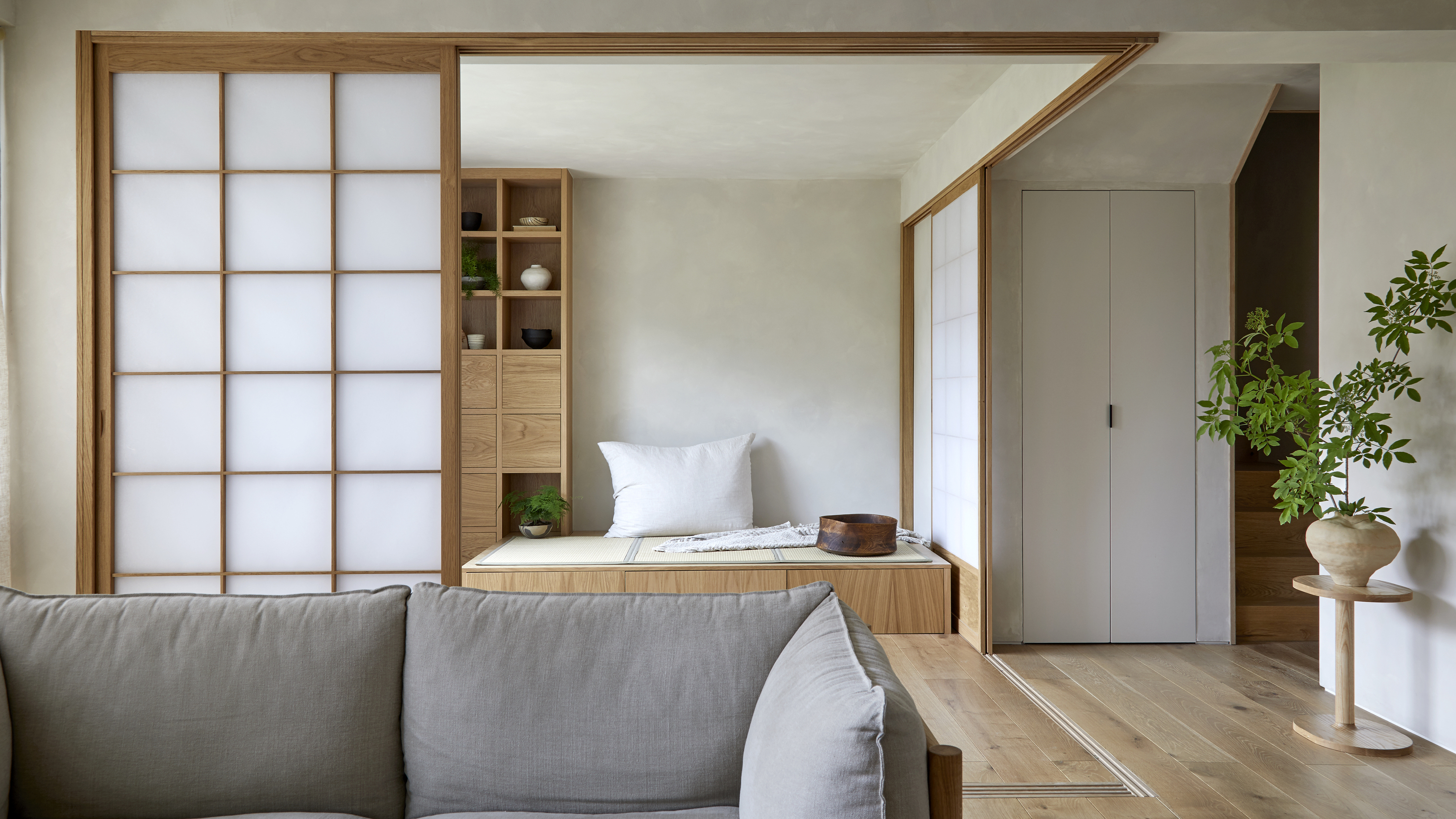 Muji Living Room Ideas — 5 Ways to Harness The Calming Qualities of This Japanese Design Style
Muji Living Room Ideas — 5 Ways to Harness The Calming Qualities of This Japanese Design StyleInspired by Japanese "zen" principles, Muji living rooms are all about cultivating a calming, tranquil space that nourishes the soul
By Lilith Hudson
-
 These Are the Dos and Don'ts of Bamboo Plant Placement — Follow This to Avoid Bad Feng Shui
These Are the Dos and Don'ts of Bamboo Plant Placement — Follow This to Avoid Bad Feng ShuiBy following the experts' guidance on where to place this houseplant you can usher luck, wealth, and prosperity into your home
By Lilith Hudson
-
 Is It Okay to Have a Mirror Facing a Door in Feng Shui? The Verdict Is In and It Just Might Surprise You
Is It Okay to Have a Mirror Facing a Door in Feng Shui? The Verdict Is In and It Just Might Surprise YouDecorating your home with mirrors calls for intention if you're dressing your space in accordance with Feng Shui. Here's what you should know.
By Amiya Baratan
-
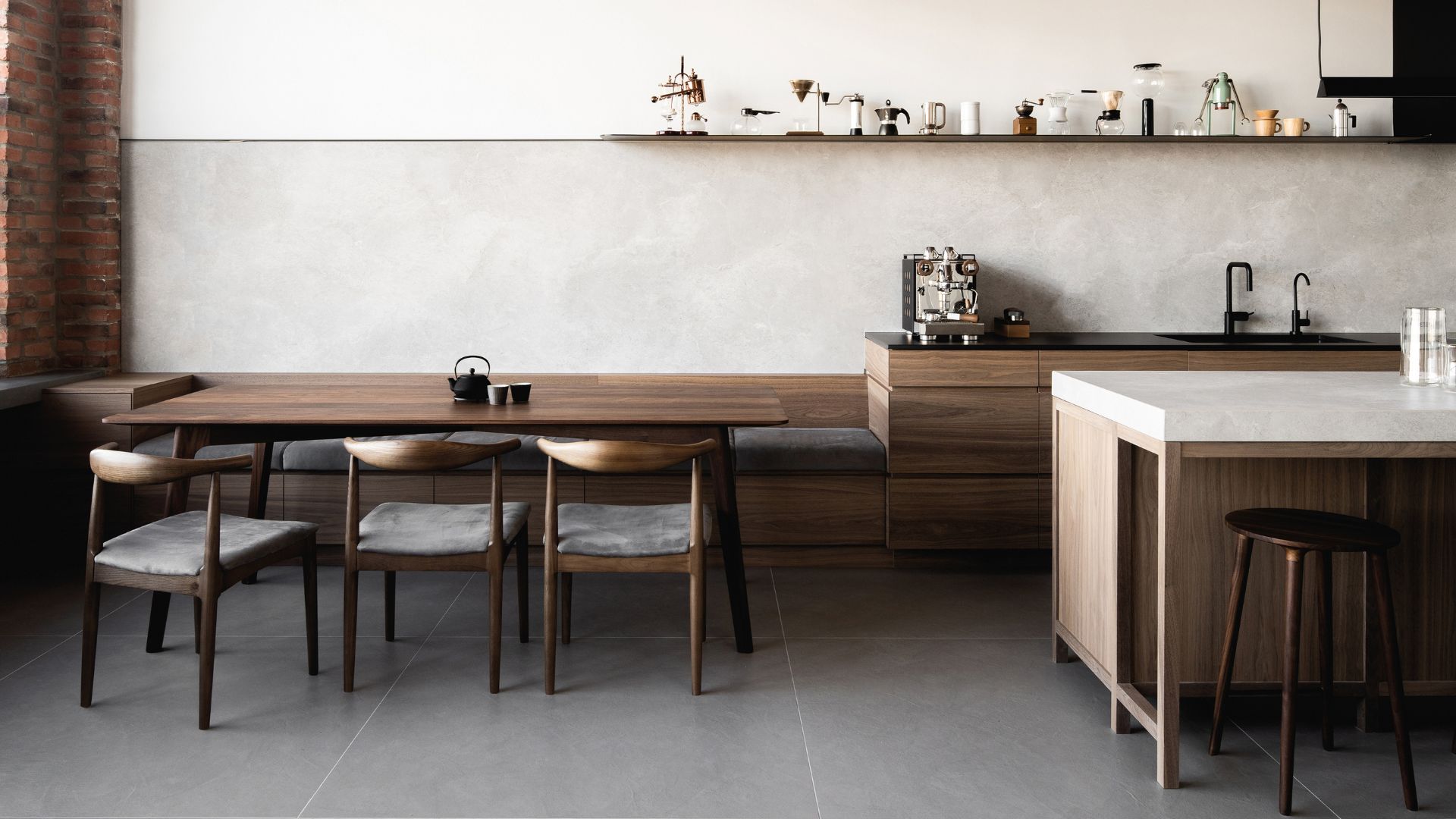 4 Things to Unpack as Soon as You Move House — For a Comfortable and Organized Fresh Start
4 Things to Unpack as Soon as You Move House — For a Comfortable and Organized Fresh StartIf you have a major move in the works and you're looking to prepare in advance, this is the starter kit you need to properly set up your new home.
By Amiya Baratan
-
 10 Decluttering Challenges to Have on Your Radar This Year — For a Tidier, More Mindful Home
10 Decluttering Challenges to Have on Your Radar This Year — For a Tidier, More Mindful HomeIf you're interested in transforming your home for the better, here are 10 decluttering challenges I recommend for a professionally tidy space.
By Amiya Baratan
-
 Biophilic Decluttering — What to Take Out of Your Home (and What to Put in) for a More Natural Home
Biophilic Decluttering — What to Take Out of Your Home (and What to Put in) for a More Natural HomeTry your hand at biophilic decluttering to ground your interiors, connect to the environment, and cure chronic clutter in one go. Here's how.
By Amiya Baratan
-
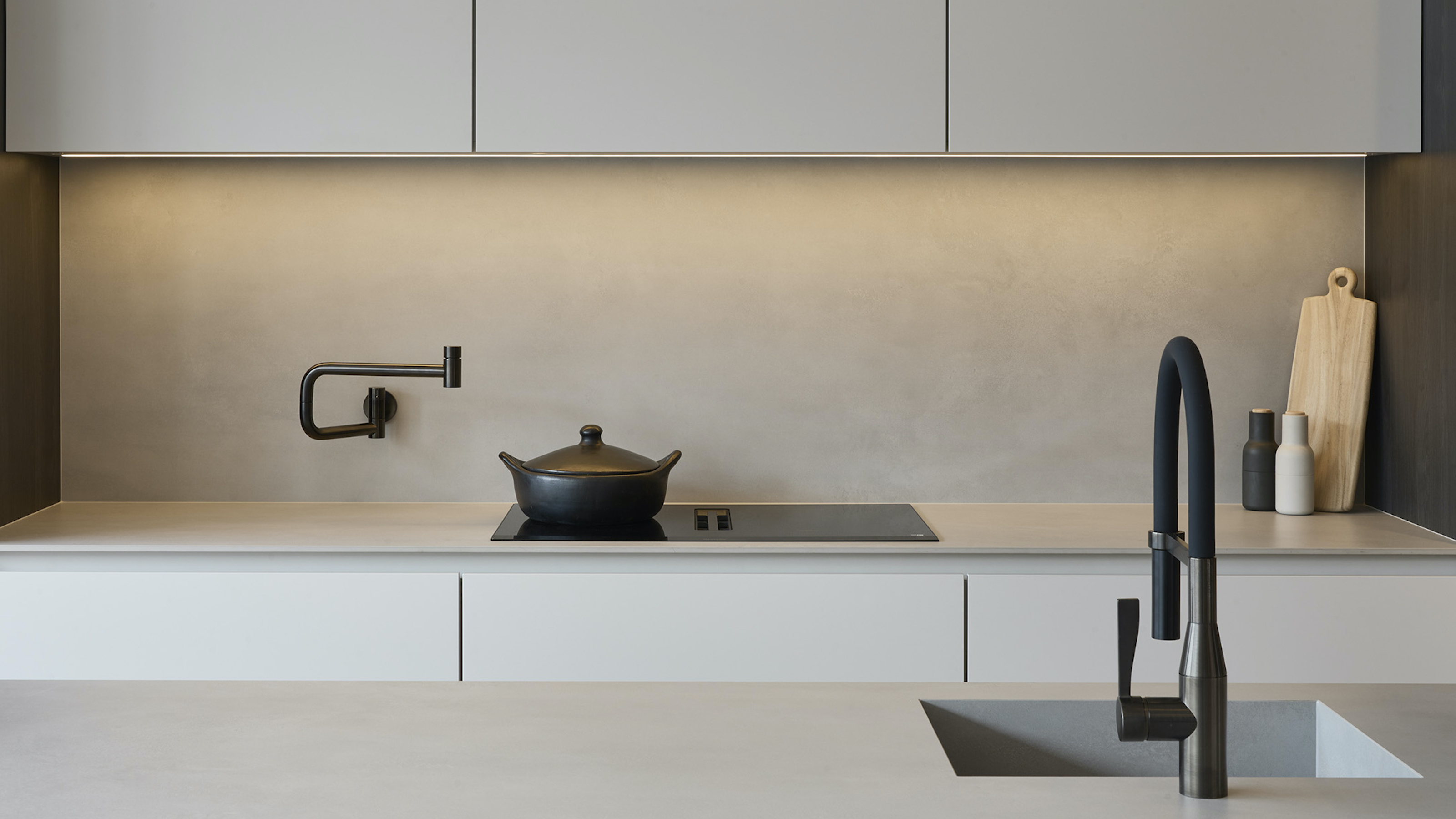 The 10 Different Types of Kitchen Taps — And the Pros and Cons of Each One to Know Before You Pick
The 10 Different Types of Kitchen Taps — And the Pros and Cons of Each One to Know Before You PickFrom sleek pull-outs to vintage bridge taps, explore 10 kitchen tap styles that mix function, flair, and a splash of cool
By Linda Clayton
-
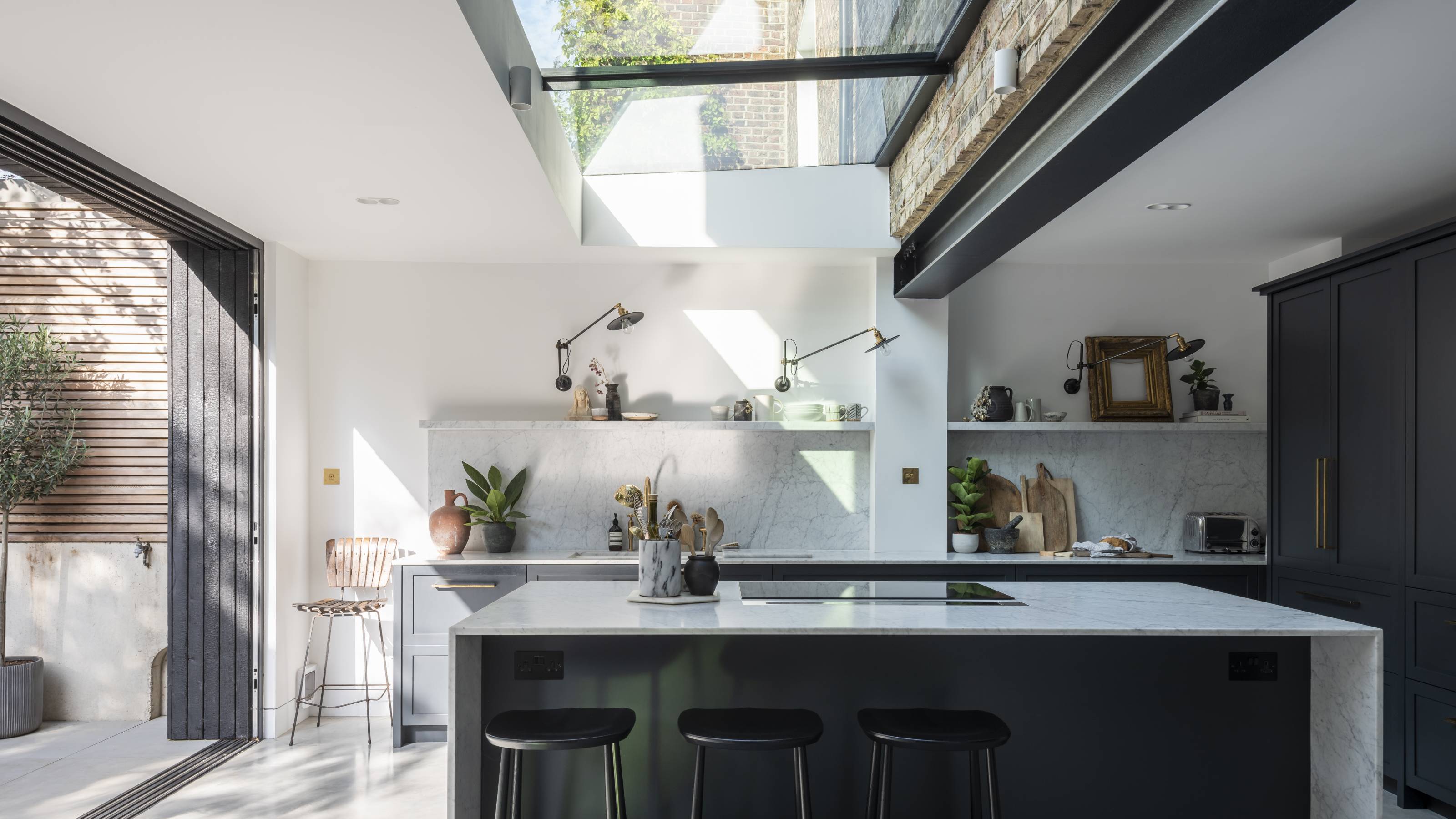 How Much Does an Extension Cost in 2025? Renovation and Design Experts Break Down Your Budget
How Much Does an Extension Cost in 2025? Renovation and Design Experts Break Down Your BudgetExplore how much different types of extensions cost in 2025 to budget for your project accurately
By Amy Reeves
-
 9 Bathroom Storage Mistakes You're Probably Making That Make Using This Space Much Harder — And What to Do Instead
9 Bathroom Storage Mistakes You're Probably Making That Make Using This Space Much Harder — And What to Do InsteadDiscover which mistakes are to blame for your overcrowded and cluttered bathroom
By Seraphina Kyprios
